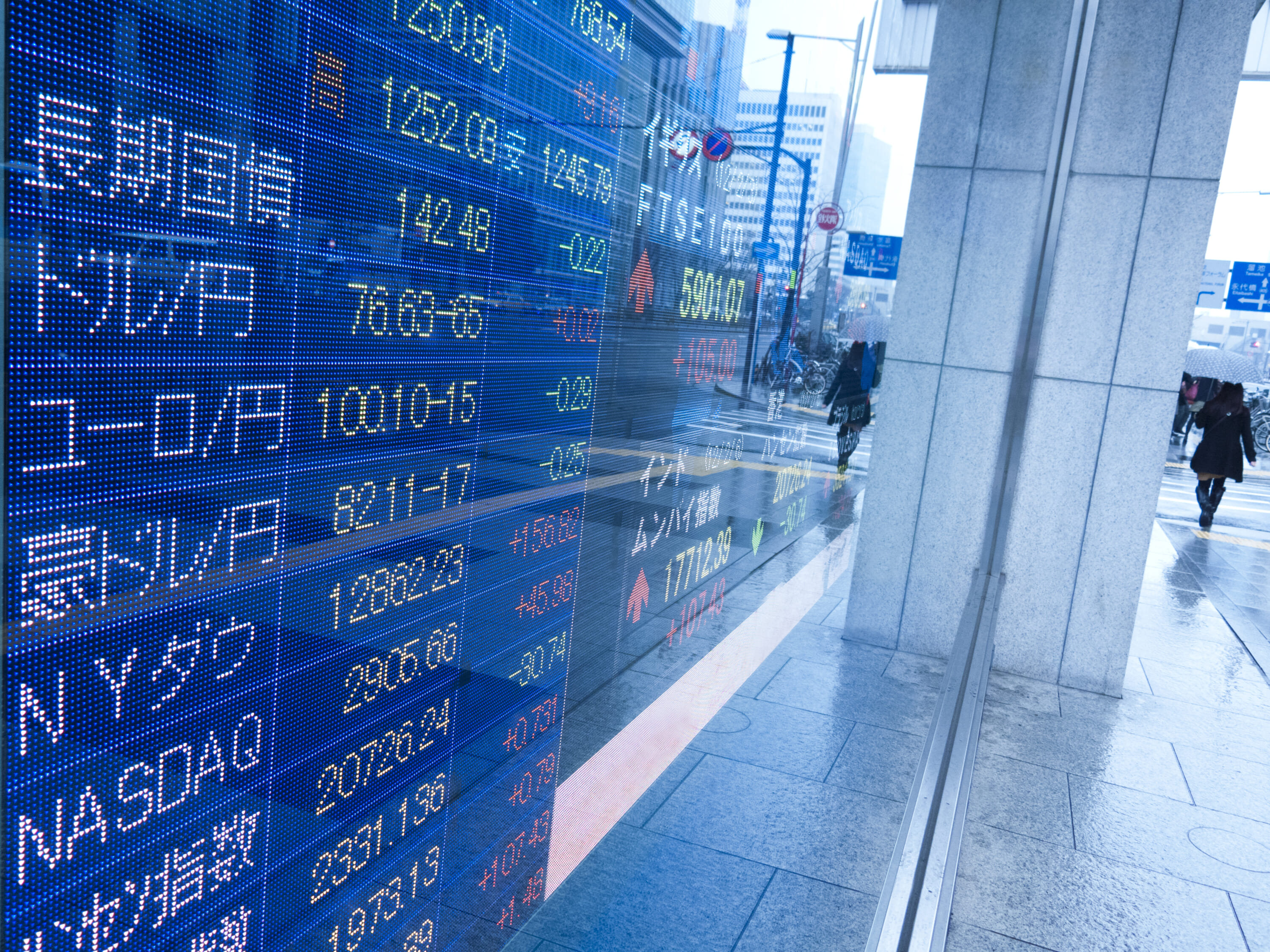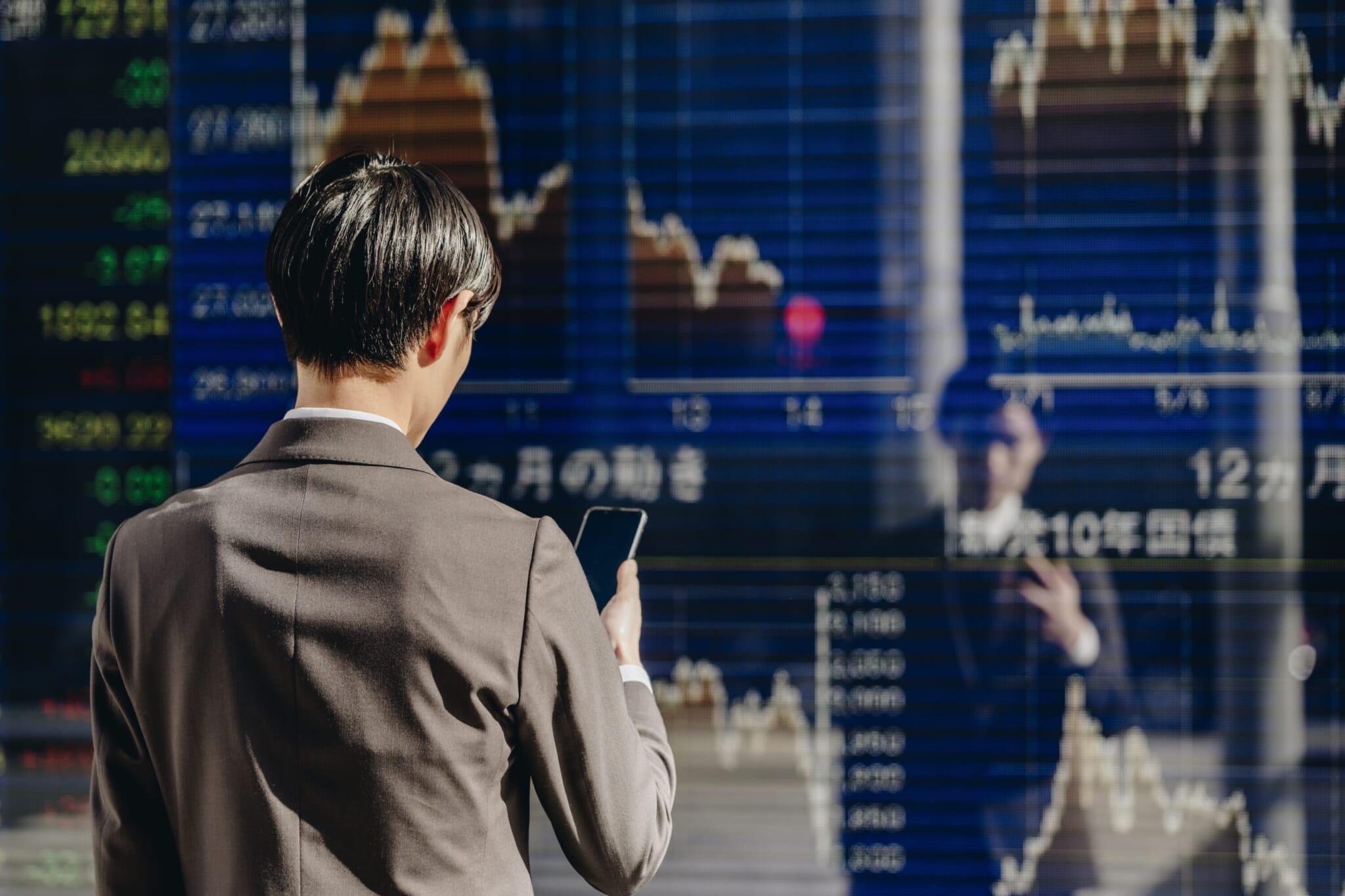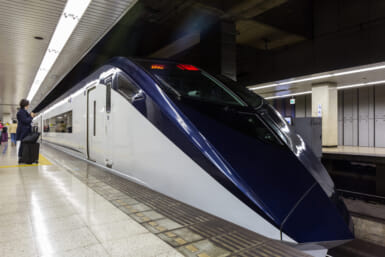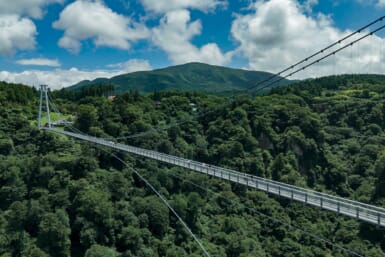Earlier this year, the Nikkei Trade 225 topped the 40,000 threshold for the first time ever. On March 4, it went as high as 40,245.69, which made it the best performer among major equity indexes in the world at the time. Fast–forward five months and the situation doesn’t look quite so rosy. It has since erased all its gains from this year, moving into a loss position. On Monday, the Nikkei closed at 31,458.42, dropping 4,451.28 points as it entered bear market territory. That 12.4% drop made it the worst day for the index since “Black Monday” in 1987. Stock prices were hit by the strengthening of the yen and poor American economic data.

Share Markets Tumble Around the World
Traders in Tokyo were reacting to a report last Friday showing that U.S. employers slowed their hiring in July by much more than economists had anticipated. With fears that the United States could be heading for a recession, share markets around the world tumbled. The Hang Seng Index in Hong Kong fell by 2%, while the Shanghai Composite Index dropped by 1.5%. It was a similar situation in Europe, with London’s FTSE 100 falling by more than 2% at the open, the Paris CAC 40 2.2% down and Frankfurt’s DAX 2.4% into the red. In the U.S., the Dow slid 2.6%, the Nasdaq Composite dived 3.4% and the S&P 500 dropped 3%.
“Markets were on edge before Friday, but weak payrolls have really escalated a profound move across the globe,” said Jim Reid, a strategist at Deutsche Bank. “We are seeing some astonishing moves already… markets are melting down in Asia.” According to Goldman Sachs’ economist David Mericle, the chances of a U.S. recession in 2025, now stands at 25%, compared with the leading Wall Street bank’s previous estimate of 15%. However, he feels there is no need to panic as the “data look fine overall” and “does not see major financial imbalances.”









